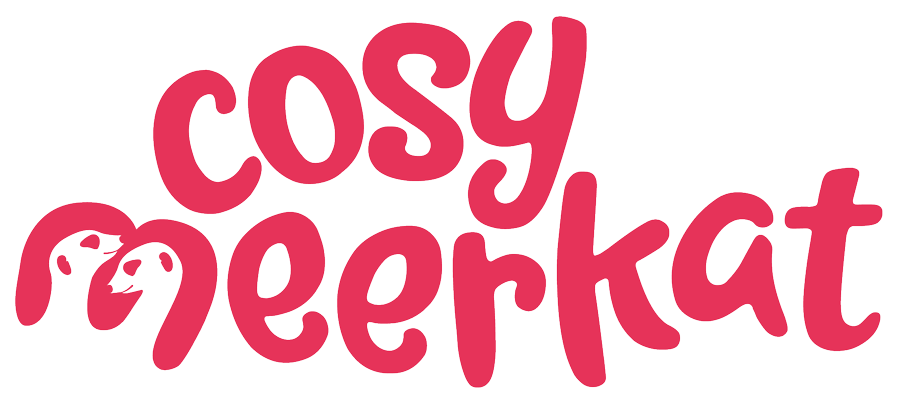Resilience in the workplace
Rachel Morris: Resilience Personified
Rachel Morris MBE. Inspiration and all-round wonder woman. Rachel is a British Paralympic Sportswoman who has won gold medals in both cycling and rowing. She took gold at the 2008 Paralympics as a handcyclist and then, eight years later, won gold in Rio, rowing the single sculls. She has now turned her focus to the winter Paralympics in 2022, hoping to win another gold in the Nordic Skiing specialism.
I have been lucky enough to meet her several times. Hearing her story is humbling. She has lost both her legs to Complex Regional Pain Syndrome, which began when she broke her ankle on a dry ski slope, aged 21. She used exercise, initially cycling, now much more than that, as a way of managing her pain. Her resilience is extraordinary.
Rachel is a using what she has learnt about herself and her resilience to take into schools and help inspire a new generation to become more resilient, helping them better cope with the educational challenges they will face.
Mental Tenacity
I often consider athletes and their mental tenacity. Being married to a keen extreme runner (marathons, ultras and various fell races), my hubs is hugely focused and manages his training by breaking up his runs into smaller goals. His resilience is enormous, overcoming a badly smashed back and months of lying flat to race better than ever. Do athletes have a different mindset and more resilience than others who like to take life slower? Are those who love a long distance challenge or punishing training schedule (think James Cracknell or Mo Farah) wired differently to those that prefer a gentler approach to life?
Resilience in the Workplace
How does resilience play out in the workplace? Do we need huge and challenging obstacles to overcome to find out if we are workplace resilient or not? I hope not. I think resilience can be developed and nurtured in the workplace. Individuals can, of course, build their own resilience. But the teams and workplace around them can do a lot to support the everyday challenges of work life. Resilience at work is now recognised as a defining characteristic of employees who deal well with the stresses and strains of the modern workplace.
At work, resilient people are better able to deal with the demands placed upon them, especially when those demands might require them to be dealing with constantly changing priorities and a heavy workload.
Tips to Building Resilience at Work
Barry Winbolt, a British coach, therapist and presenter has a nine step process to building resilience at work:
Cherish social support and interaction. Good relationships with family and friends and others are vital. Being active in the wider community also helps.
Treat problems as a learning process. Develop the habit of using challenges as opportunities to acquire or master skills and build achievement.
Avoid making a drama out of a crisis. Stress and change are part of life. How we interpret and respond to events has a big impact of how stressful we find them.
Celebrate your successes. Take time at the end of each day to review what went well and congratulate yourself. This trains the mind to look for success rather than dwelling on negativity and ‘failure’.
Develop realistic life goals for guidance and a sense of purpose. Do something each day to move towards them. Again, small is beautiful; one small step amid the chaos of a busy day will help.
Take positive action. Doing something in the face of adversity brings a sense of control, even if it doesn’t remove the difficulty.
Nurture a positive view of yourself. Developing confidence in your ability to solve problems and trusting your instincts helps to build resiliency.
Keep a realistic perspective. Place challenging or painful events in the broader context of lifelong personal development.
Practice optimism. Nothing is either wholly good or bad. If we allow our thinking to dictate how we view something it will take over. Make your thinking work for your benefit, rather than letting it stymie you with doubt or by seeing only the bad side.
My Thoughts
From my own perspective, thinking about others, people like Rachel Morris, helps build by own resilience. I often think now, ‘How would Rachel deal with this?’ when looking at a problem of my own. Everyone will have different coping mechanisms in the workplace and the key is to identify ways that are likely to work for you as part of your own strategy for fostering resilience at work.
